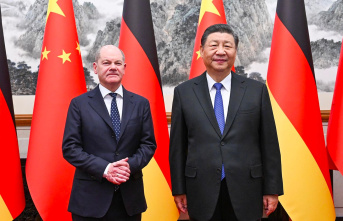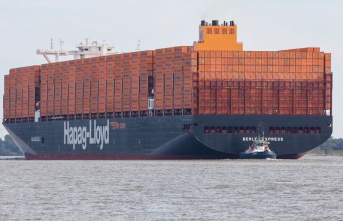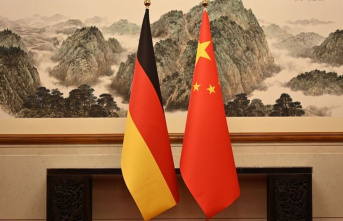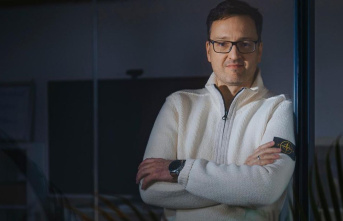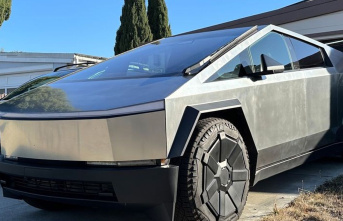During the corona pandemic, one buzzword made a career: "Follow the science!" Which means: "Follow the knowledge of science!" Politicians of the FDP also liked to bring this demand into play on talk shows in order to reject overly strict protective measures by the federal government. It is now clear that politicians have too seldom followed research in fighting the virus. Rather, many measures were introduced or abolished out of political calculation - sometimes against certain knowledge. Just think of the two-G rule, which gave those who were vaccinated or those who had recovered free access to events, although it had long been academically clear that they too could still be contagious.
Unfortunately, when it comes to combating man-made climate change, the evil repeats itself. These days FDP Transport Minister Volker Wissing refuses to follow science. He is blocking an EU-wide ban on combustion engines from 2035 and only wants to agree to this if new combustion engines that run on e-fuels, i.e. artificial fuel, are also approved from this point in time. In other words: He demands that cars with combustion engines can still be the first choice after 2035 - and calls this "technology openness".
According to the laws of physics, Wissing's requirement is completely nonsensical. Climate-neutral e-fuels, obtained from hydrogen that is produced with green electricity (and CO₂ from the air) are extremely inefficient due to the multiple energy conversion required - and therefore expensive. With a battery-powered electric car, you can go about five times further than with e-fuels using the same amount of energy. Doctors also warn that when they are burned - as with petrol and diesel - harmful pollutants are released into the environment, such as nitrogen oxides, which have already led to driving bans in inner cities in Germany. And then finally the battery drive has long been successfully in use, efficient and emission-free; battery performance, according to the forecast, will multiply by 2035.
But Wissing doesn't seem to care about all this knowledge. Nor that an end to combustion engines is anchored in the coalition agreement. The FDP man makes Germany, which has always liked to act as a role model in climate protection in the EU, an unreliable partner. He is even jeopardizing a reputation worldwide that is difficult to regain. Worst of all, his behavior is planting nonsense in the minds of the Germans, who have what it takes to undermine the widespread willingness to implement the necessary energy transition.
Wissing is doing this because he wants to go back to clientele politics for employees who are entitled to a company car. For medium-sized companies and freelancers, the old core electorate. The FDP has been thrown out of three state parliaments since it became a member of the traffic light coalition and apparently has no other choice. After all, customers of SUVs that weigh tons, five-meter-long high-price station wagons or roaring sports cars can hardly imagine chasing down the streets with the power of electrons instead of molecules. It comes as no surprise that Porsche boss Oliver Blume and BMW boss Oliver Zipse Wissing are stepping aside while the world's mass manufacturers have long since committed themselves to electric cars.
Now it is important in the federal government, as in Brussels, not to give in to the combustion engine end. Man-made climate change is real and requires swift action to meet the EU target of reducing net greenhouse gas emissions by at least 55 percent by 2030 ("Fit for 55"). Around 30 percent of all CO₂ emissions in the EU come from traffic. Germany must be and remain a pioneer, because with 8.1 tons of CO₂ emissions per capita and year, the Germans are well above the EU average of 6.3 tons.
Most FDP members are very clever people and of course they know all this. You know what reliable knowledge scientists and statisticians have, and that a ban on combustion engines in these times of climate turbulence is not a regulatory intervention in the free market that should be rejected in principle. The party must finally dare to act accordingly. In the long run, she will only be politically successful if she pours the electorate pure wine.




